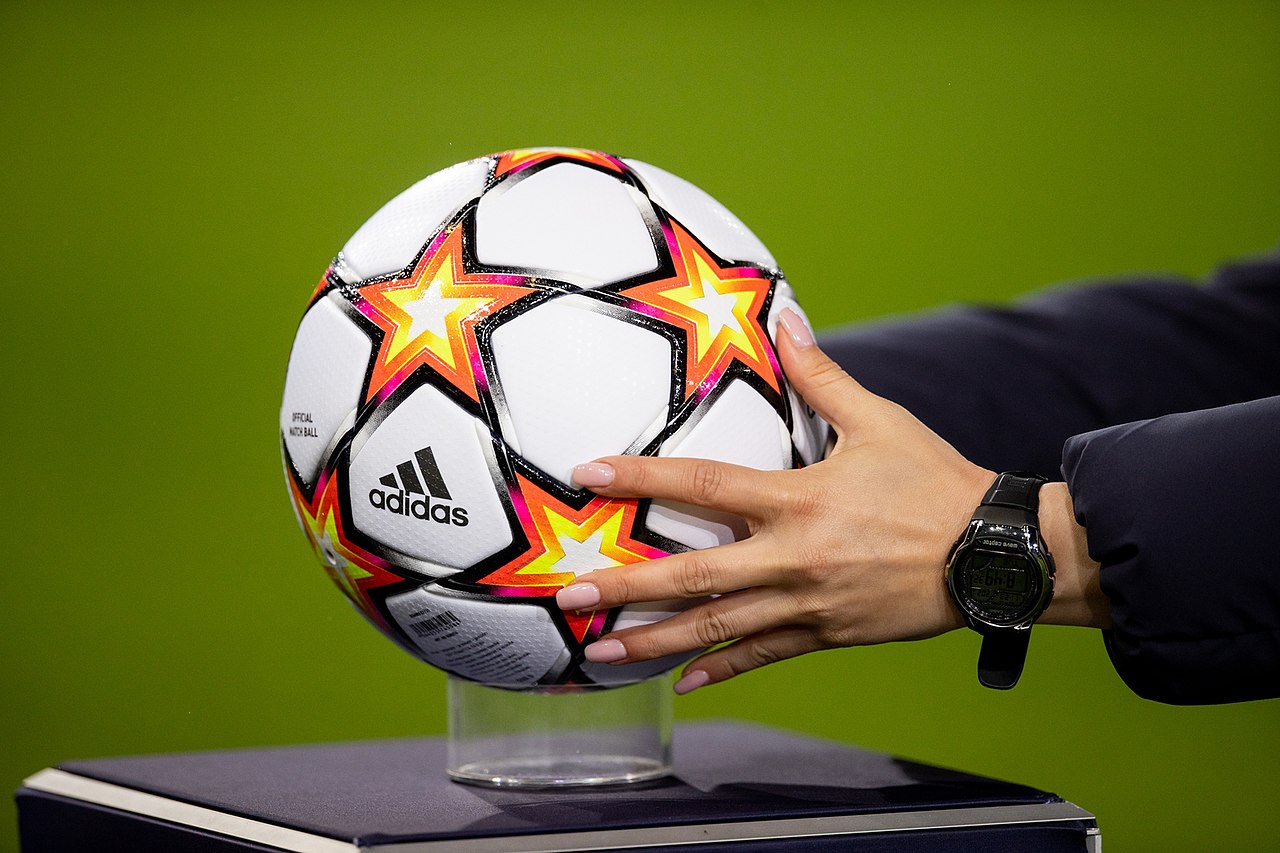Opinion: PSG’s Champions League win: ‘Evolution, not apocalypse’
It finally happened. Paris Saint-Germain has lifted European football’s biggest prize – the Champions League. A dominant 5-0 victory over Inter Milan in the final demonstrated exactly why PSG had become popular favourites over the course of the season.
Tenacious talent in players such as Désiré Doué and Khvicha Kvaratskhelia. Leaders in Marquinhos and Ousmane Dembélé. A world-class manager in Luis Enrique. The team are everything football should be about. Even though the vast majority don’t agree.
PSG have been the subject of heavy criticism, and much of that revolves around their ownership. The club is owned by Qatari Sports Investments, a Qatari government-operated organisation led by businessman Nasser Al-Khelaifi, who also happens to be the chairman of global sports network beIN Sports.
Consequently, the win has now been used to highlight the dominance of wealth over merit. It has also been marked as another piece of evidence in the case against sportswashing. But the realities of modern football are being heavily oversimplified here.
The game has long been intertwined with wealth and power
PSG winning the Champions League has not ‘killed’ the sport. Rather, it signals the next stage of development for a game that has been commercialised for longer than people realise.
Put concisely, this is an evolution taking place, not an apocalypse.
The reality is that, in its history, football has never been separated from politics or money. In the mid-20th century, Spanish giants Real Madrid displayed evident ties to dictator and head of state Francisco Franco, as Franco used the club as a symbol of idealism to pit against the Catalonia-affiliated FC Barcelona.
Then Silvio Berlusconi enters the frame. The businessman acquired Italian club AC Milan in 1986, and brought 29 titles in 31 years. Incredibly, he also served as Prime Minister of Italy thrice during his ownership, which was littered with numerous controversies.
PSG’s Champions League triumph is the result of more than a decade of setbacks and rebuilding
Roman Abramovich changed the English game after his purchase of Chelsea FC in 2003. The oligarch has been accused of links to then-and-now Russian president Vladimir Putin. His extreme spending broke records and attracted mass criticism, but brought Chelsea immense glory.
These three examples are only a few that show how the game has long been intertwined with wealth and power. PSG and QSI are new in form, but they are continuing this tradition in football whether we like it or not.
Furthermore, PSG’s Champions League triumph is the result of more than a decade of setbacks and rebuilding – proving that success in football requires more than just money and influence.
By blending emerging talent with experienced leadership and the strategic guidance of a quality coach in Enrique, the club forged the team chemistry, tactical discipline, and resilience essential for victory.
And now, PSG have dethroned the traditional elite – the ‘superclubs’ – who now face competition from other models.
Rather than marking it as a travesty, we should perhaps start to view this as a test
Manchester City for example, have become the centre of a multi-club model, in which analytics and tactics are shared and talented players are moved through the network, giving them a pipeline of talent beyond big-money signings.
There is also the emergence of a data-driven model being employed – Brighton and Brentford now aim to prove that smart recruitment can compete with sheer spending.
There still remains the academy model – notably led by Barcelona, continuing to produce homegrown stars who embody the club’s identity through La Masia.
Power in football isn’t centralising, but instead diversifying.
PSG’s Champions League triumph does reflect the long-existing tensions in the sport – money vs. merit, politics vs. play. But rather than marking it as a travesty, we should perhaps start to view this as a test.
Can football now balance modern reality with competitive integrity? I believe that PSG have shown us that it can be possible, and other clubs need to take note.
So, is the game truly dying? No. In fact, it’s alive and evolving, as it always has done.

Comments